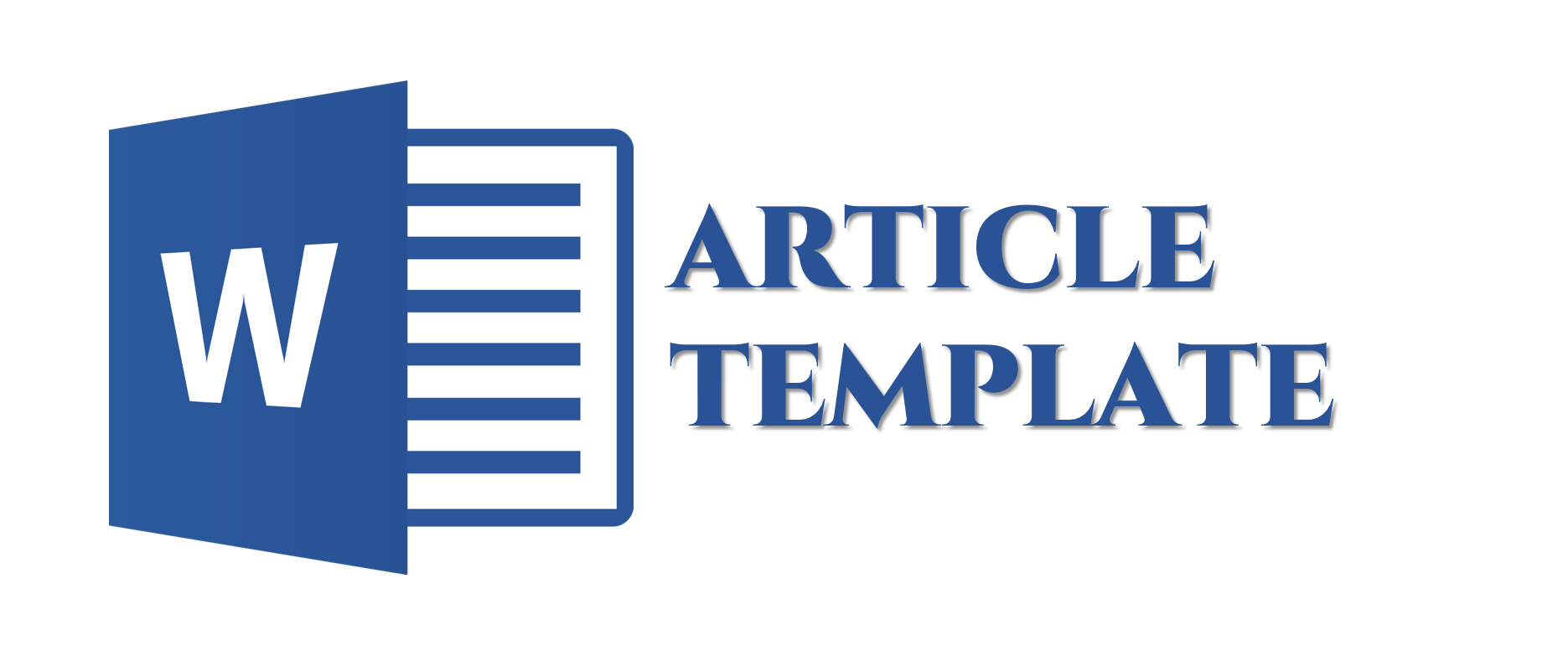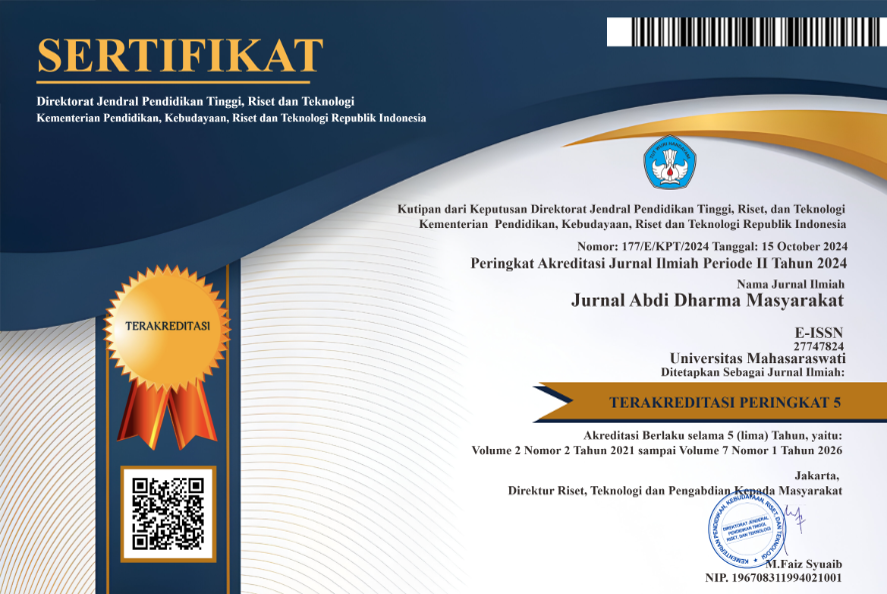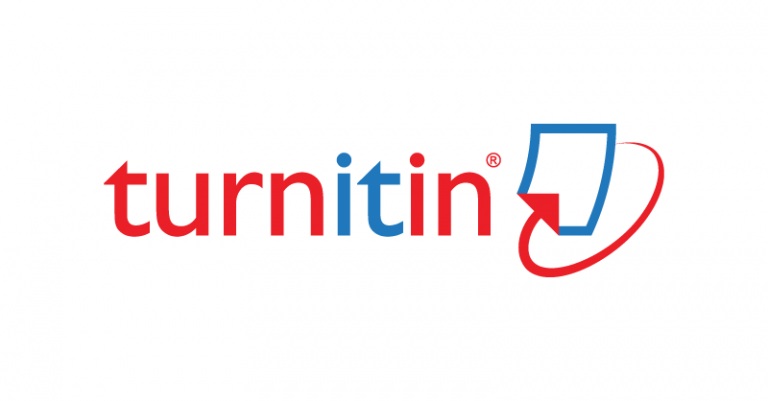Publication Ethics and Malpractice Statement
Our Publication Ethics and Publication Malpractice Statement are based on COPEs Best Practice Guidelines for Journal Editors. As such, this journal follows the COPE Code of Conduct and Best Practice Guidelines for Journal Editors and the Code of Conduct for Journal Publishers.
A selection of key points is included below, but you should always refer to the three documents listed above for full details.
Duties of Editors
Fair play and editorial independence
Editors evaluate submitted manuscripts exclusively based on their academic worth, which includes factors like significance, novelty, the validity of the research, and its clarity. Additionally, they consider how well the content aligns with the journal's scope. The authors' race, gender, sexual orientation, ethnic background, citizenship, religious beliefs, political ideologies, or institutional affiliations are not taken into account during this evaluation process. The decisions regarding editing and publication are made independently of external influences, such as government policies or any other external agencies. The Editor-in-Chief holds full authority over all aspects of the journal's editorial content and the timing of its publication.
Confidentiality
Editors and editorial staff will not disclose any information about a submitted manuscript to anyone other than the corresponding author, reviewers, potential reviewers, other editorial advisers, and the publisher, as appropriate.
Disclosure and conflicts of interest
Editors and editorial board members are prohibited from utilizing any undisclosed information from a submitted manuscript for their research unless they have obtained explicit written consent from the authors. Furthermore, any privileged information or concepts acquired by editors during the manuscript handling process must be treated confidentially and not exploited for their personal benefit. Editors will also abstain from evaluating manuscripts when they have conflicts of interest stemming from competitive, collaborative, or other associations with any of the authors, companies, or institutions related to the papers. Instead, they will request another editorial board member to manage the manuscript in such cases.
Publication decisions
The editors guarantee that every manuscript submitted for publication is subjected to peer review by a minimum of two knowledgeable experts in the respective field. The ultimate decision on whether to publish a submitted manuscript in the journal rests with the Editor-in-Chief. This determination is based on the evaluation of the manuscript's validity, its significance to the research community and readers, the feedback from the reviewers, and compliance with prevailing legal obligations related to issues like libel, copyright violation, and plagiarism. The Editor-in-Chief may also consult with other editors or reviewers to reach this decision.
Involvement and cooperation in investigations
Editors, in collaboration with the publisher and/or society, will promptly address ethical issues raised concerning a submitted manuscript or a published paper. They are committed to investigating any reported instances of unethical publishing conduct, even if such concerns come to light several years after publication. AP-SMART editors adhere to the COPE Flowcharts when handling cases of suspected misconduct. If, upon investigation, it is determined that the ethical concern is valid, appropriate actions such as corrections, retractions, expressions of concern, or other relevant notices will be published in the journal.
Duties of Reviewers
Contribution to Editorial Decision-Making
Peer review plays a crucial role in assisting editors in making editorial judgments and, through interactions with authors, may aid authors in enhancing their manuscripts. It is a fundamental element of formal scholarly communication and is central to the pursuit of scientific knowledge. AP-SMART holds the belief, shared by many, that all scholars who seek to contribute to the scientific process bear a responsibility to engage in equitable reviewing.
Promptness
Any invited reviewer who feels insufficiently qualified to assess the research presented in a manuscript or anticipates an inability to conduct a timely review should promptly inform the editors and decline the review request. This allows for the identification of alternative reviewers.
Confidentiality
Manuscripts submitted for review are confidential documents and must be treated as such. They should not be disclosed to or discussed with others unless explicitly authorized by the Editor-in-Chief, and such disclosure should only occur under rare and specific circumstances. This confidentiality obligation also applies to invited reviewers who choose not to accept the review invitation.
Standards of Objectivity
Reviews must be conducted in an impartial manner, with observations clearly articulated and substantiated with well-founded arguments, enabling authors to use the feedback to enhance their manuscript. Personal criticisms of the authors are not appropriate within the peer review process.
Acknowledgment of Sources
Reviewers should identify relevant published works that have not been cited by the authors. Any statements, derivations, or arguments previously documented in other publications should be properly referenced. Reviewers should also inform the editors of any significant similarity or overlap between the manuscript under consideration and any other manuscript, whether published or unpublished, of which they have personal knowledge.
Disclosure and conflicts of interest
Any invited referee who has conflicts of interest resulting from competitive, collaborative, or other relationships or connections with any of the authors, companies or institutions connected to the manuscript and the work described therein should immediately notify the editors to declare their conflicts of interest and decline the invitation to review so that alternative reviewers can be contacted.
Unpublished material disclosed in a submitted manuscript must not be used in a reviewers own research without the express written consent of the authors. Privileged information or ideas obtained through peer review must be kept confidential and not used for the reviewers personal advantage. This applies also to invited reviewers who decline the review invitation.
Duties of Authors
Reporting Standards
Authors of original research should provide an accurate account of their work and results, followed by an impartial discussion of its significance. The manuscript should offer sufficient detail and references to enable others to replicate the research. Review articles should be precise, unbiased, and comprehensive, while editorial pieces expressing opinions or perspectives should be clearly labeled as such. Deliberate or knowingly inaccurate statements are unethical and unacceptable.
Data Access and Retention
Authors may be required to submit their raw data alongside the manuscript for editorial review and should be prepared to make the data publicly accessible when possible. Regardless, authors should ensure that the data remains accessible to other qualified professionals for at least ten years after publication, preferably through an institutional or subject-specific data repository or another data center. This should be done as long as it doesn't violate participant confidentiality or legal rights related to proprietary data.
Originality and Plagiarism
Authors must ensure that they submit entirely original works and, if they have drawn from the work or words of others, that proper citation is provided. Publications that have significantly influenced the work reported in the manuscript should also be appropriately cited. Plagiarism, in its various forms, constitutes unethical publishing behavior and is not acceptable.
Multiple Submissions and Publication
Papers presenting essentially the same research should not be published in more than one journal or primary publication. Authors should refrain from submitting a manuscript that has already been published elsewhere. Simultaneous submission of a manuscript to multiple journals is unethical and unacceptable. In some cases, certain types of articles, like clinical guidelines or translations, may be published in more than one journal, but this requires agreement between the authors and editors of the involved journals. The secondary publication should contain the same data and interpretation as the primary publication, and the primary reference must be cited.
Authorship of the Manuscript
Only individuals meeting the following authorship criteria should be listed as authors: (i) made significant contributions to the study’s conception, design, execution, data acquisition, or analysis/interpretation; (ii) drafted or critically revised the manuscript for important intellectual content; and (iii) approved the final version and agreed to its submission for publication. Individuals who made substantial contributions but do not meet these criteria should be acknowledged in the “Acknowledgements” section with their written permission. The corresponding author is responsible for ensuring appropriate co-authors are included, verifying their approval of the final manuscript, and confirming that no inappropriate co-authors are listed.
Disclosure and Conflicts of Interest
Authors should promptly disclose any conflicts of interest, whether financial (e.g., honoraria, grants, stock ownership) or non-financial (e.g., personal or professional relationships, affiliations), that could potentially affect the manuscript's results or interpretation. This disclosure should be made at the time of submission and in the manuscript itself.
Acknowledgment of Sources
Authors must properly acknowledge the work of others and cite publications that significantly influenced their own work. Private information obtained from third parties must not be used or reported without explicit written permission. Information acquired during the provision of confidential services, such as manuscript reviewing or grant application evaluation, should not be used without the written permission of the relevant authors.
Hazards and Human or Animal Subjects
Authors must clearly identify any unusual hazards associated with chemicals, procedures, or equipment used in their work. When research involves animals or human participants, authors must ensure compliance with relevant laws and institutional guidelines, with a statement to this effect in the manuscript. Authors must also declare that informed consent was obtained for human experiments and that the privacy rights of human participants were respected.
Peer Review
Authors are obligated to engage in the peer review process and cooperate fully by responding promptly to editors’ requests for raw data, clarifications, and evidence of ethics approval, patient consents, and copyright permissions. If a revision is necessary, authors should systematically address reviewers’ comments and resubmit their manuscript by the given deadline.
Fundamental Errors in Published Works
When authors discover significant errors or inaccuracies in their published work, they should promptly notify the journal's editors or publisher and work with them to issue corrections or retractions. If a third party informs the editors or publisher of significant errors, the authors must likewise cooperate in correcting or retracting the paper or provide evidence of its accuracy.
Duties of the Publisher
Handling of unethical publishing behaviour
In cases of alleged or proven scientific misconduct, fraudulent publication, or plagiarism, the publisher, in close collaboration with the editors, will take all appropriate measures to clarify the situation and to amend the article in question. This includes the prompt publication of an erratum, clarification, or, in the most severe case, the retraction of the affected work. The publisher and the editors shall take reasonable steps to identify and prevent the publication of papers where research misconduct has occurred, and under no circumstances encourage such misconduct or knowingly allow such misconduct to occur.
Access to journal content
The publisher is committed to the permanent availability and preservation of scholarly research and ensures accessibility by partnering with organizations and maintaining our own digital archive.
Section A: Publication and authorship
- All submitted papers are subject to strict peer-review process by at least two international reviewers that are experts in the area of the particular paper.
- Review process are blind peer review.
- The factors that are taken into account in review are relevance, soundness, significance, originality, readability and language.
- The possible decisions include acceptance, acceptance with revisions, or rejection.
- If authors are encouraged to revise and resubmit a submission, there is no guarantee that the revised submission will be accepted.
- Rejected articles will not be re-reviewed.
- The paper acceptance is constrained by such legal requirements as shall then be in force regarding libel, copyright infringement and plagiarism.
- No research can be included in more than one publication.
Section B: Authors’ responsibilities
- Authors must certify that their manuscripts are their original work.
- Authors must certify that the manuscript has not previously been published elsewhere.
- Authors must certify that the manuscript is not currently being considered for publication elsewhere.
- Authors must participate in the peer review process.
- Authors are obliged to provide retractions or corrections of mistakes.
- All Authors mentioned in the paper must have significantly contributed to the research.
- Authors must state that all data in the paper are real and authentic.
- Authors must notify the Editors of any conflicts of interest.
- Authors must identify all sources used in the creation of their manuscript.
- Authors must report any errors they discover in their published paper to the Editors.
Section C: Reviewers’ responsibilities
- Reviewers should keep all information regarding papers confidential and treat them as privileged information.
- Reviews should be conducted objectively, with no personal criticism of the author
- Reviewers should express their views clearly with supporting arguments
- Reviewers should identify relevant published work that has not been cited by the authors.
- Reviewers should also call to the Editor in Chief’s attention any substantial similarity or overlap between the manuscript under consideration and any other published paper of which they have personal knowledge.
- Reviewers should not review manuscripts in which they have conflicts of interest resulting from competitive, collaborative, or other relationships or connections with any of the authors, companies, or institutions connected to the papers.
Section D: Editors’ responsibilities
- Editors have complete responsibility and authority to reject/accept an article.
- Editors are responsible for the contents and overall quality of the publication.
- Editors should always consider the needs of the authors and the readers when attempting to improve the publication.
- Editors should guarantee the quality of the papers and the integrity of the academic record.
- Editors should publish errata pages or make corrections when needed.
- Editors should have a clear picture of a research’s funding sources.
- Editors should base their decisions solely one the paper’s importance, originality, clarity, and relevance to the publication’s scope.
- Editors should not reverse their decisions nor overturn the ones of previous editors without serious reason.
- Editors should preserve the anonymity of reviewers.
- Editors should ensure that all research material they publish conforms to internationally accepted ethical guidelines.
- Editors should only accept a paper when reasonably certain.
- Editors should act if they suspect misconduct, whether a paper is published or unpublished, and make all reasonable attempts to persist in obtaining a resolution to the problem.
- Editors should not reject papers based on suspicions, they should have proof of misconduct.
- Editors should not allow any conflicts of interest between staff, authors, reviewers and board members.
Sources:
- ELSEVIER: Elsevier publishing ethics resource kit
- COPE: Responsible research publication: international standards for authors
- COPE: Cope’s new code of conduct
- COPE: Responsible research publication: International standards for editors
- COPE: Cope short guide to ethical editing for new editors
- COPE: Cope ethical guidelines for peer reviewers
- COPE: The editorial board follows the guidelines for retracting articles issued by COPE
- COPE: Code of conduct for journal publishers
- COPE: Cope retraction guidelines












